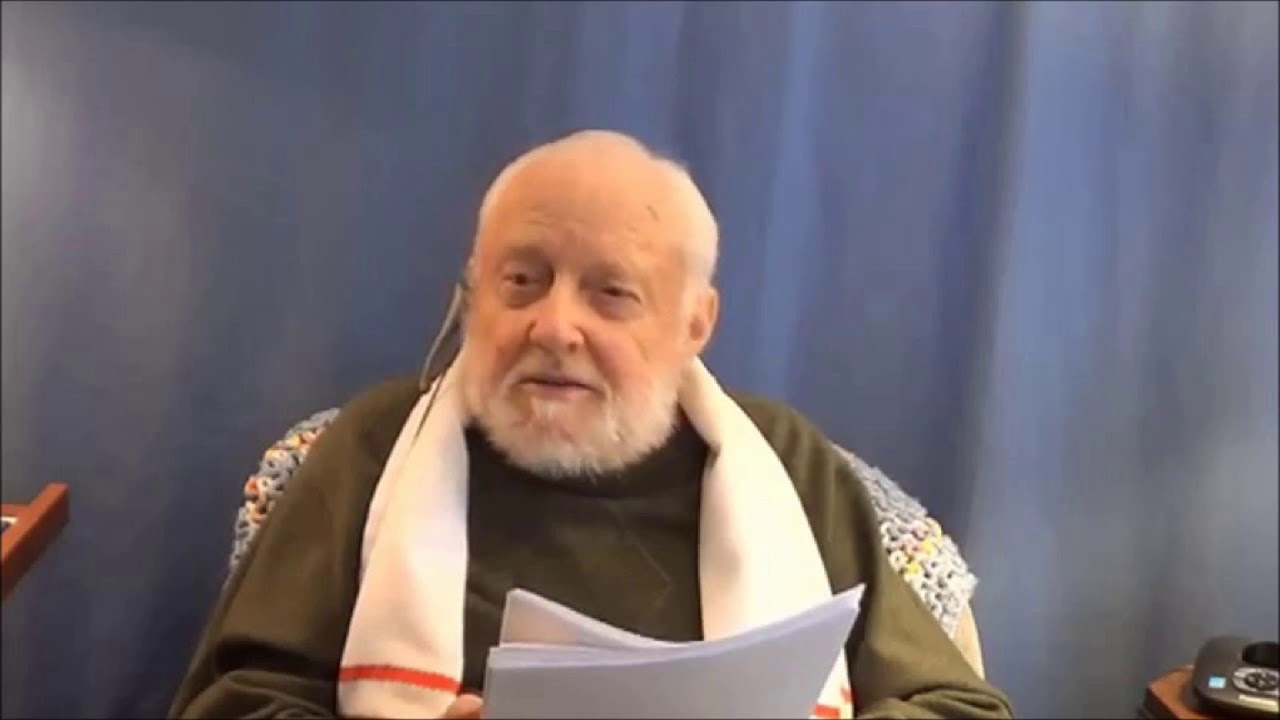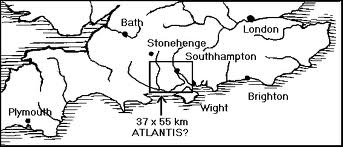England
Pennant Thomas
Thomas Pennant (1726-1798) was a British naturalist and antiquary who  referred to Atlantis in his Introduction to the Arctic Zoology[1244], describing England as>being in ancient times ‘peinsulated’, before being completely separated from Europe by some unspecified catastrophe and is now the remains of Plato’s island or as he calls it ‘Atlantica insula’.<
referred to Atlantis in his Introduction to the Arctic Zoology[1244], describing England as>being in ancient times ‘peinsulated’, before being completely separated from Europe by some unspecified catastrophe and is now the remains of Plato’s island or as he calls it ‘Atlantica insula’.<
His book can be read online.
de Meester, E.J.
E.J. de Meester is a Dutch researcher who is best known for his support for the controversial theory that Homer’s Odysseus travelled to Ireland and Britain. However, he goes further and argues that Atlantis was located in England, situated just south of Stonehenge, on a plain between Salisbury and Chichester.
His website, which was well worth a visit, is now discontinued, but can still be accessed on the archive.org website(a).
>De Meester is critical of Graham Hancock‘s hyperdiffusionist concept of Atlantis commenting that “In 1999 Discovery Channel broadcast a three-part series called ‘Quest for the lost Civilisation’. In it, Graham Hancock stated that the pyramids, Angkor Vat, Stonehenge, the stones of Carnac, the Nazca lines, temples in Mexico and the statues of Easter Island were all part of an ancient global civilisation of seafarers who were apparently obsessed by astrology. The temples of Angkor Vat (in Cambodia) were said to be built in the shape of the zodiac sign Draco, the pyramids of Gizeh in the shape of Sirius; the Sphinx is supposed to be looking at the sign of Leo. It’s all rather vague. Hard to say whether it’s nonsense or not. More information can be found in Hancocks books, like ‘Fingerprints of the Gods’ [0275] and ‘Heaven’s Mirror’ [0855].”<
(a) https://web.archive.org/web/20090614050055/https://home-3.tiscali.nl/~meester7/engatlantis.html
Dankenbring, William F.
 William F. Dankenbring (1941-2017) was the leader of the Triumph Prophetic Ministries, an American fundamentalist group. Unusual for such a minister, he has produced a detailed article supporting the existence of Atlantis, although he did feel obliged to link it with various details in the Old Testament.
William F. Dankenbring (1941-2017) was the leader of the Triumph Prophetic Ministries, an American fundamentalist group. Unusual for such a minister, he has produced a detailed article supporting the existence of Atlantis, although he did feel obliged to link it with various details in the Old Testament.
Dankenbring was also a supporter of the very early use of a 360-day year, based on his interpretation of the Bible(a).
One of his more entertaining ideas is that the biblical king David visited Ireland where he continued the royal bloodline. Subsequently, it was transferred to Scotland and later to England where he claims that the late Queen Elizabeth was a direct descendant of David!
(a) https://triumphpropheticministries.com/360-day-calendar-mayan.htm *

